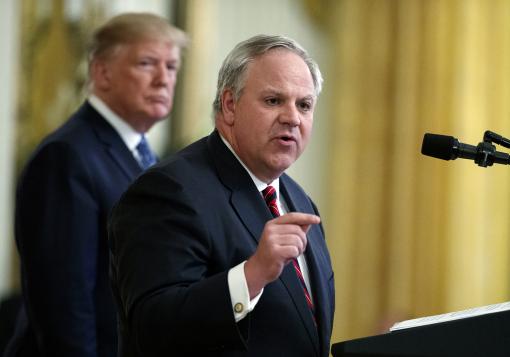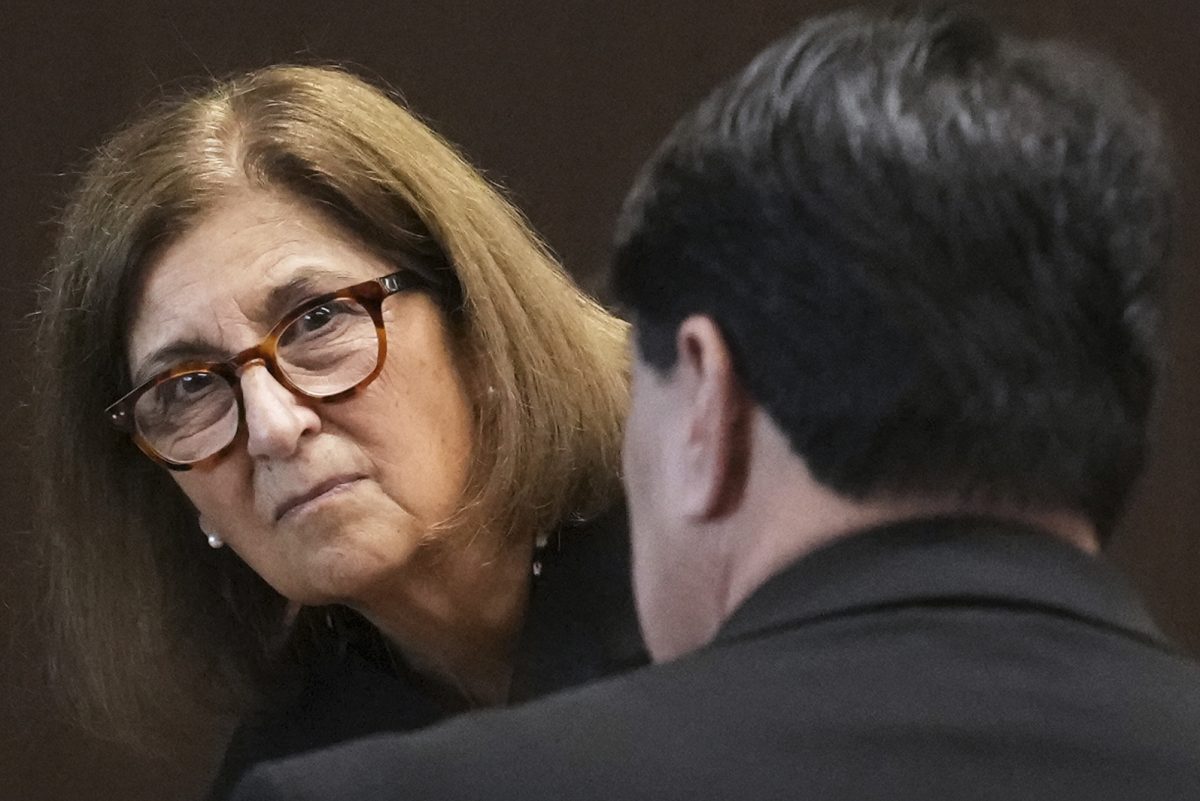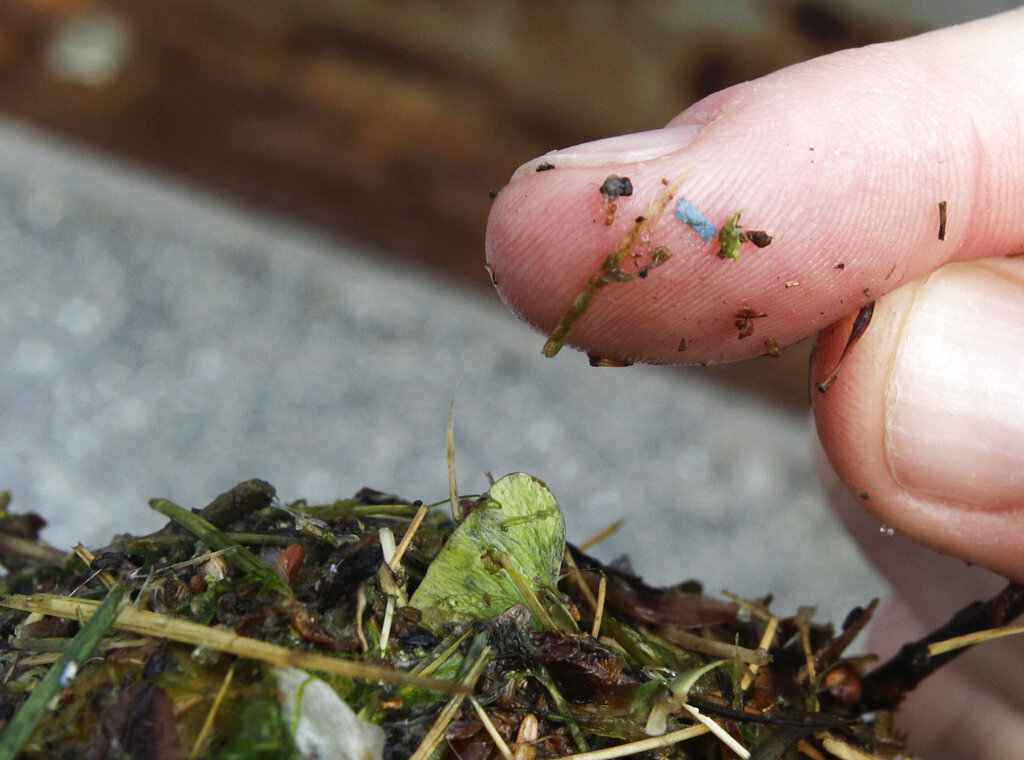
A revision to the Endangered Species Act (ESA) by the Trump administration will now allow the government to consider the economic impact of a species when deciding whether or not to label it as threatened or endangered.
Under the new policy, threatened species will no longer receive the same protections as those listed as endangered; instead, they will be dealt with on a case-by-case basis.
The ESA is credited with saving many of the country’s most vulnerable animals, such as the bald eagle and grizzly bear.
The revisions to the ESA were announced Aug. 12 by the U.S. Fish and Wildlife Services, along with the National Marine Fisheries Service.
The reforms went into effect 30 days after publication.
“By failing to take a precautionary approach to threatened species, the amendments will also deprive threatened species of important protections to ensure that they don’t become critically endangered in the future, by which time it may be too late to save them,” said Danielle Solberg, the campaigns assistant at PETA.
Solberg said the new revisions will now give more power to corporate interests.
Danielle Solberg, Campaigns Assistant at PETA
“These changes will jeopardize critical populations by considering corporate interests in deciding whether to sufficiently protect endangered species.”
According to the Environmental Protection Agency, there are currently over 1,300 endangered or threatened species in the U.S. and over 1 million in the world. Many of these species are on the verge of extinction.
“The amendments to the law threaten the future for threatened and endangered species,” Solberg said.
In Texas, the new ESA will impact animals such as black bears, grey wolves and bats.
In a public statement, Secretary of the Interior David Bernhardt said the new revisions are meant to bring the act “into the 21st century.”
“An effectively administered act ensures more resources can go where they will do the most good: on-the-ground conservation,” Bernhardt said.
Species that are at risk will also now have a more difficult time gaining protections as threatened or endangered as each species will be evaluated on a case-by-case basis, Solberg said. The previous approach of “foreseeable future” is now not defined anywhere in the regulations of the ESA.
“These changes are completely inconsistent with the intent in enacting the ESA and Congress’ pronouncement that it is to be interpreted broadly to provide threatened and endangered species with adequate protections,” Solberg said.
Congress passed the ESA in 1973 with strong bipartisan support under President Richard Nixon.
The ESA has been revised multiple times over the years, most recently in 2015 under President Barack Obama.
However, the new revisions made to the act have been met with pushback as conservationists believe the revisions weaken protections for wildlife.
Earthjustice, an environmental law agency, recently filed a lawsuit on behalf of six parties, including the Center for Biological Diversity and the Natural Resources Defense Council.
Earthjustice is arguing the Trump administration failed to disclose the drawbacks of these revisions, made changes to the revisions that were never made public and violated the language and main purpose of the ESA.
“Nothing in these new rules helps wildlife, period,” said Earthjustice attorney Kristen Boyles. “Instead, these regulatory changes seek to make protection and recovery of threatened and endangered species harder and less predictable. We’re going to court to set things right.”









